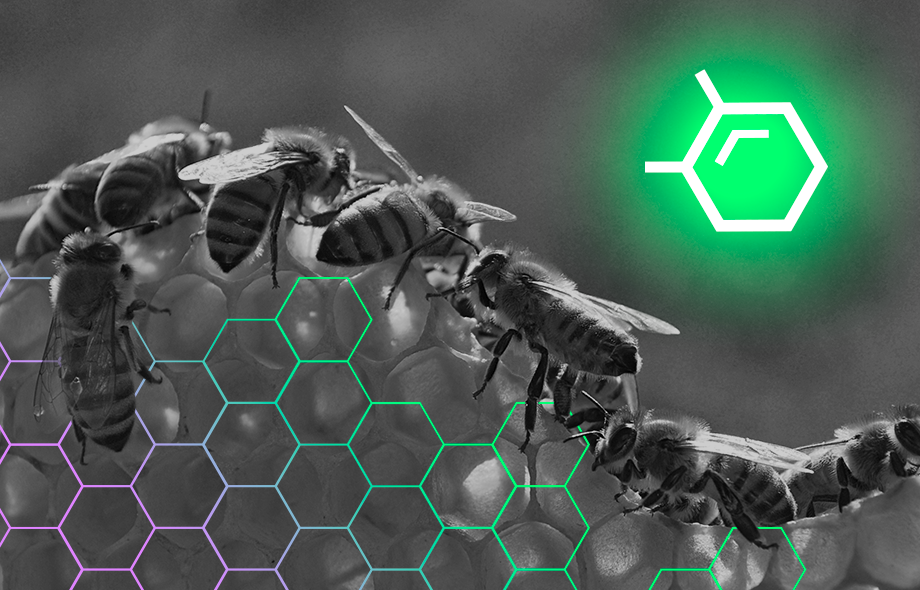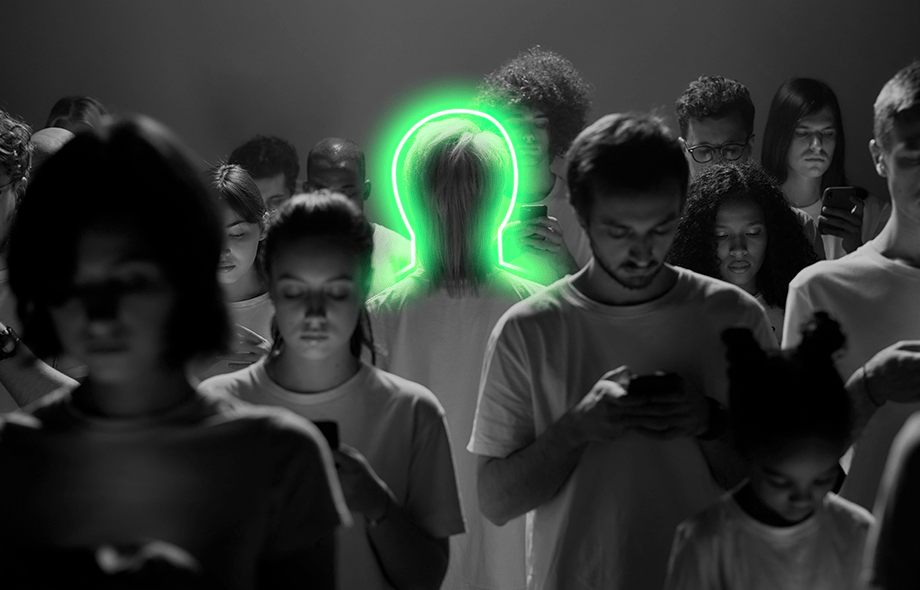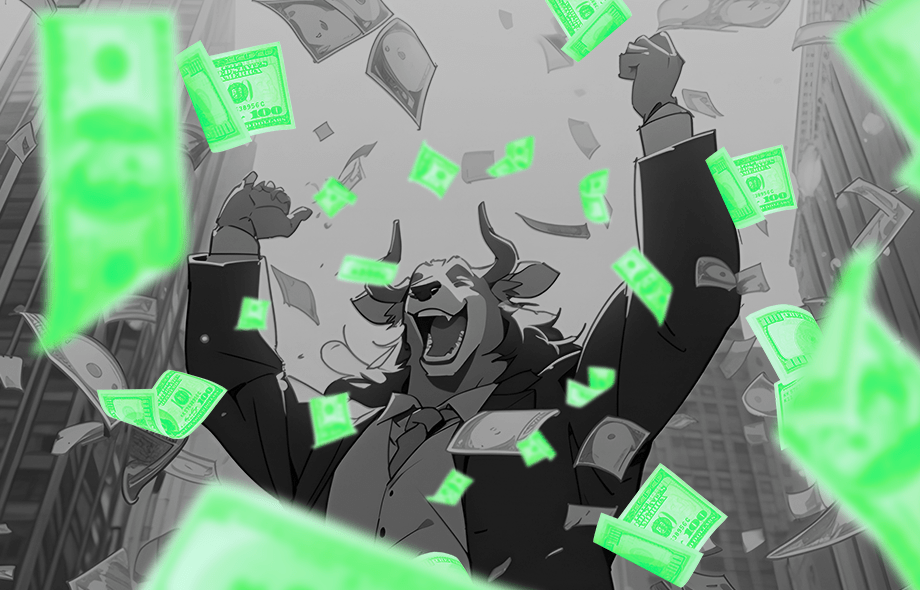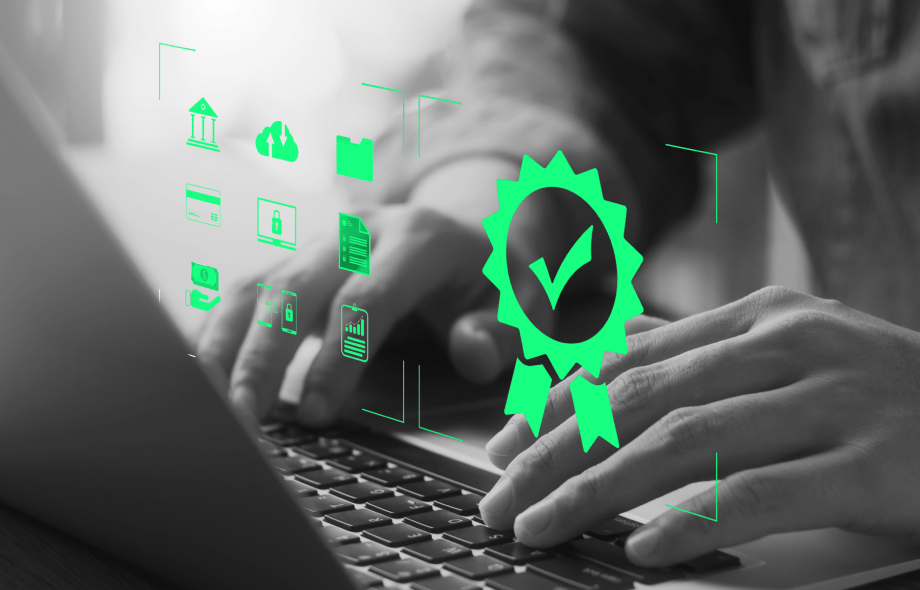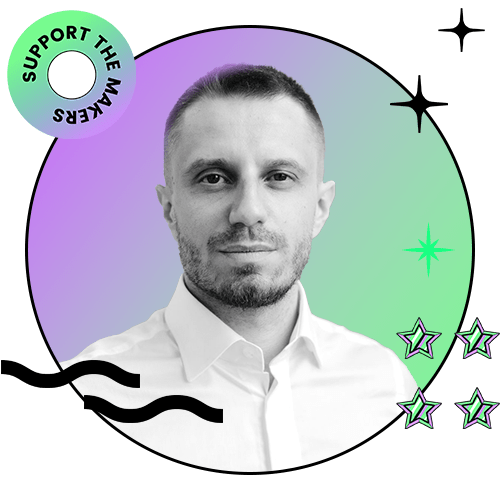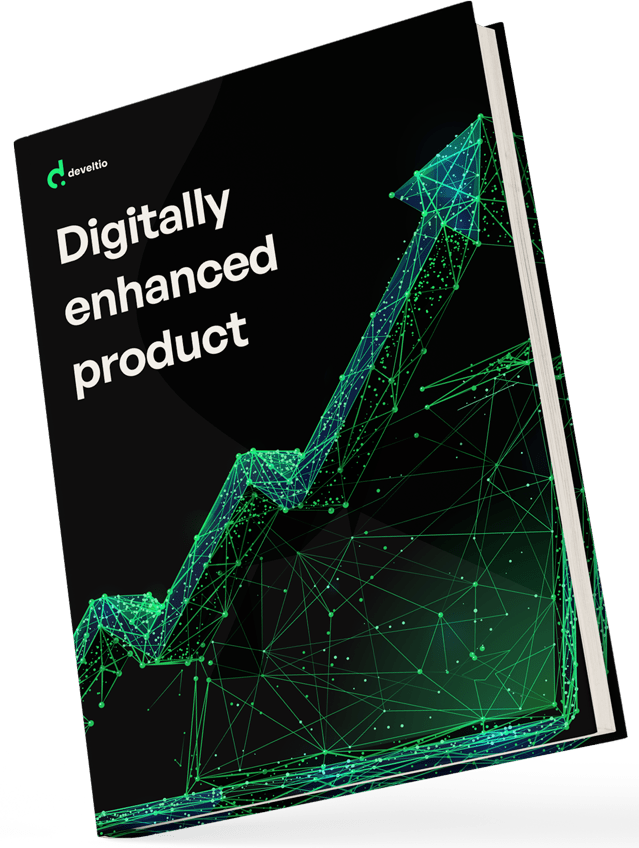 Back to blog
Back to blog
What makes DAO a DAO?
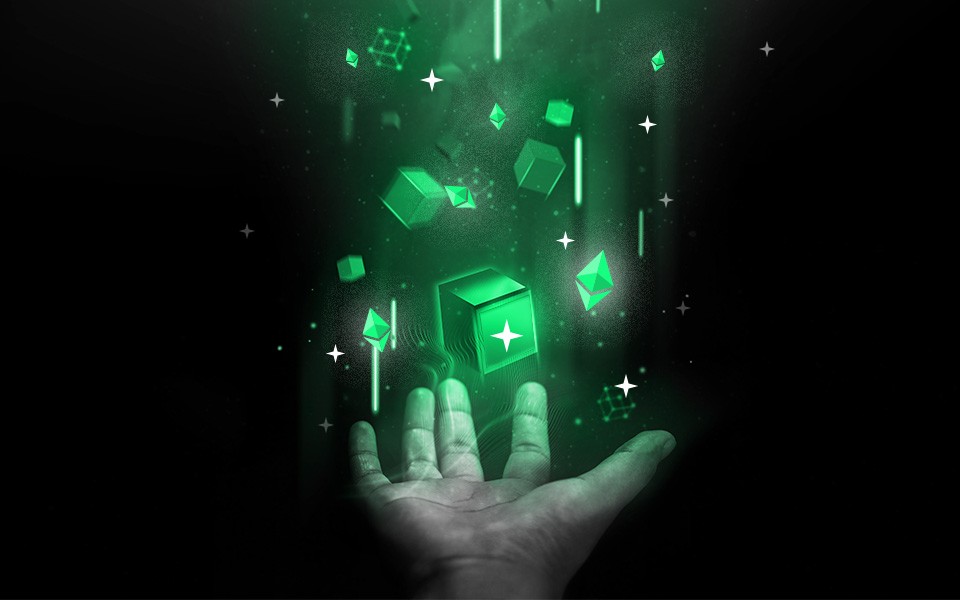
In an ongoing discussion about Web3 shaping the future of the Internet, the concept of Decentralized Autonomous Organizations (DAOs) takes an increasingly prominent position. The idea of blockchain-bound, transparent, and fully democratized organizations focused on growth and shared values draws much interest from the tech industry’s opinion leaders and business visionaries alike. DAOs are already considered one of the tenets of the Internet’s imminent transformation into the Web3 stage. With that in mind, we decided to take a closer look at the concept of DAO and break it down to see what’s under the hood. Read on to find out what makes DAO a DAO.
But what is DAO, Actually?
With DAO being a relatively new notion, its definition may not yet be blatantly evident to the broader audience. And it can be slightly challenging to grasp for people who aren’t familiar with the realm of cryptocurrency. Luckily, though, it’s not exactly rocket science. So, let’s just give it a go, shall we?
A Decentralized Autonomous Organization is a type of organizational structure based on blockchain code. You can become a DAO member by obtaining a portion of its digital tokens denominated in cryptocurrency – predominantly Ethereum. Tokens can also be acquired by providing valuable work.
DAO is a form of organization that doesn’t have a governing body or executive board. It’s a cooperative owned collectively by its participants, where rules are set and executed through blockchain code. Decisions are made by voting, and the members’ decision-making power and/or economic rights are proportionate to the size of their token shares or reputation earned through participation.
DAOs are entirely autonomous, which means their actions cannot be directly influenced or limited by external factors, such as legal rulings. The organization runs itself independently, and its internal laws are warranted in the so-called smart contracts kept on a blockchain. We’ll take a closer look at smart contracts further in this article.
DAOs can be created for different purposes – to make money, fund charities, invest in non-profit enterprises, or build freelancer networks. By default, DAOs are global, open, transparent, and non-hierarchical.
Four Layers of DAO
Now that we have a general idea of what DAO is, we can analyze its structure to determine distinct features. DAOs can come in different shapes and sizes, but their core is always the same. We can specify four layers that, put together, make DAO a DAO:
- Blockchain – security, immutability, decentralization, transparency
- Smart Contract – business logic of DAO and its governance
- Community of the DAO – investors, voters, shareholders
- Execution of the DAOs activities – both on-chain and IRL
DAO Layer #1: Blockchain
It’s both the bloodstream and nervous system of every DAO. Blockchain is used to record all the movements and actions of the organization. Its decentralized and autonomous nature makes it possible to manage assets, votes, and resources safely and transparently without the need for additional legal and banking arrangements. DAOs’ participation is entirely based on blockchain – supporters obtain interchangeable tokens to validate their membership and use them in the decision-making process. The voting outcome (e.g., releasing funds) is executed automatically by blockchain code without human intermediaries’ involvement.
DAO Layer #2: Smart Contract
Smart contracts are the DAO’s core policies written in the form of small programs embedded into the blockchain’s code. They usually contain simple if/then conditional instructions. When the predetermined requirement is met (e.g., through voting), the blockchain computer network performs the relevant transaction or task. All actions are updated and reflected in the blockchain immediately. Once the smart contract is live on the DAO’s blockchain, it cannot be modified by anyone (including its owners) without voting.
Smart contracts allow for safe, efficient, and instant execution of transactions. There are no cost-inflating brokers involved in the process, and no one can alter the information for their personal gain as all transaction records are encrypted.
Smart contracts guarantee that DAO participants don’t even need to trust each other. Operations are performed automatically as a result of democratic voting, and no other factor can influence the contract’s outcome. Furthermore, no actions outside of smart contract logic can be attempted, removing the need for any central authority. Smart contracts should always be highly visible and verifiable to every organization member.
DAO smart contracts are used to specify regulations, for e.g., the number of tokens allowed in circulation, voting power transfer, incentive structures, operational workflows, and many more.
DAO Layer #3: Community
The open and global nature of DAOs allows people from different walks of life to get involved. What’s exceptional about DAO is that it doesn’t require its members to know each other or have any other ties whatsoever. It’s the common goal and contributed resources that glue DAO participants together. Pseudonymity and trustlessness are the core traits of DAO communities.
There are different levels of DAO participation available. An individual can become an investor and benefit from the collective buying power of investment-oriented DAOs. Swapping assets into DAO’s governance tokens makes it possible to become a shareholder and a voter and take an active part in the decision-making process. Also, freelancers do get involved with DAO simply by taking on the jobs posted by DAOs on Discord channels and getting compensated for their contribution.
DAO Layer #4: Execution of DAO Activities
DAOs have always been focused primarily on the digital realm. For blockchain-bound organizations, getting involved with NFT or cryptocurrency trading was as natural as breathing. But DAOs aren’t restricted from shaping the physical world at all. Actually, DAO can make for an effective way to gather resources from people interested in, e.g., setting up a coworking space or a cat cafe in a small town. DAO founders would start issuing tokens to collect the sum needed for renting and furnishing the place. Once the target amount is reached, the DAO’s smart contract stops issuing tokens, and the voting ensues. The voters would decide on the location, contractors, and other aspects of the enterprise. The sky is the limit as long as properly constructed smart contracts are in place.
Our Parting Shot
With their loose structure, open, transparent, and global nature, DAOs can be viewed as the antithesis of corporations – hierarchical, non-transparent, invite-only entities. Furthermore, unlike traditional companies, DAOs do not function within legal frameworks and are not bound by local laws – at least not yet. For now, DAOs are the epitome of the reality that many of us want to live in – democratic, transparent, and free from outside pressures. And this is, after all, the ultimate idea that makes the DAO a DAO.
What can we do for you?
Talk to us about your project and let's start building it together!

